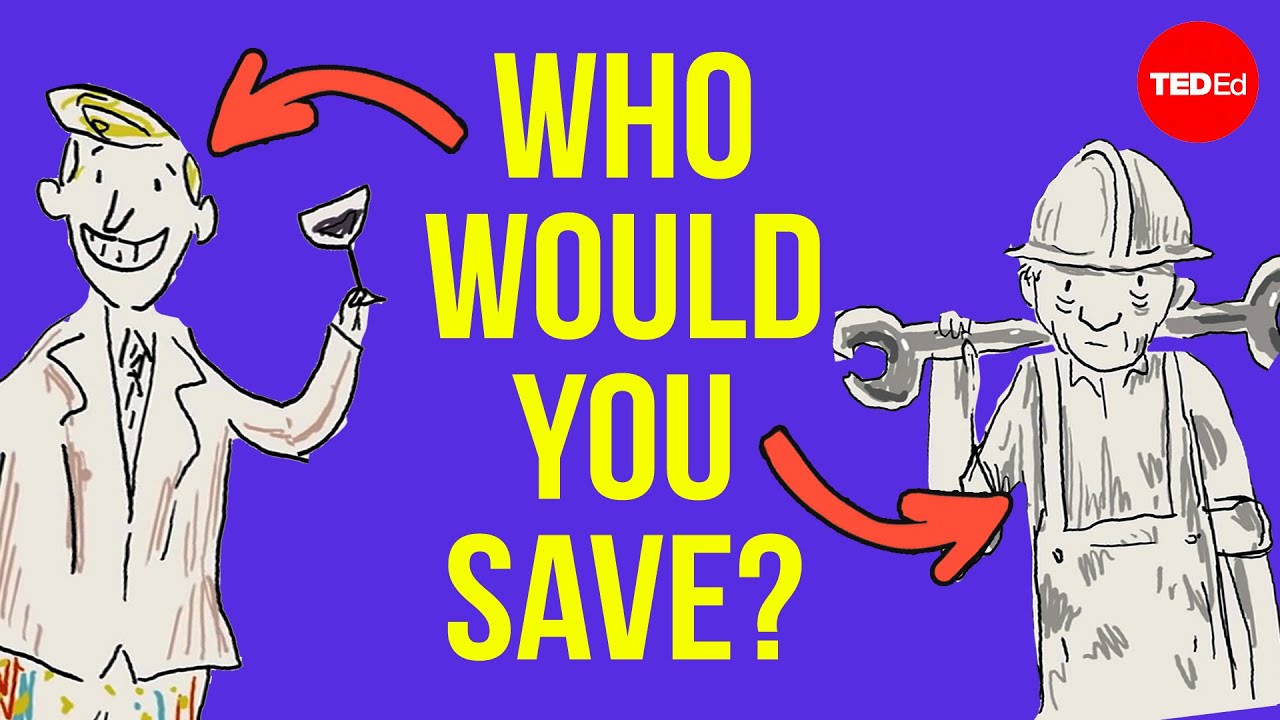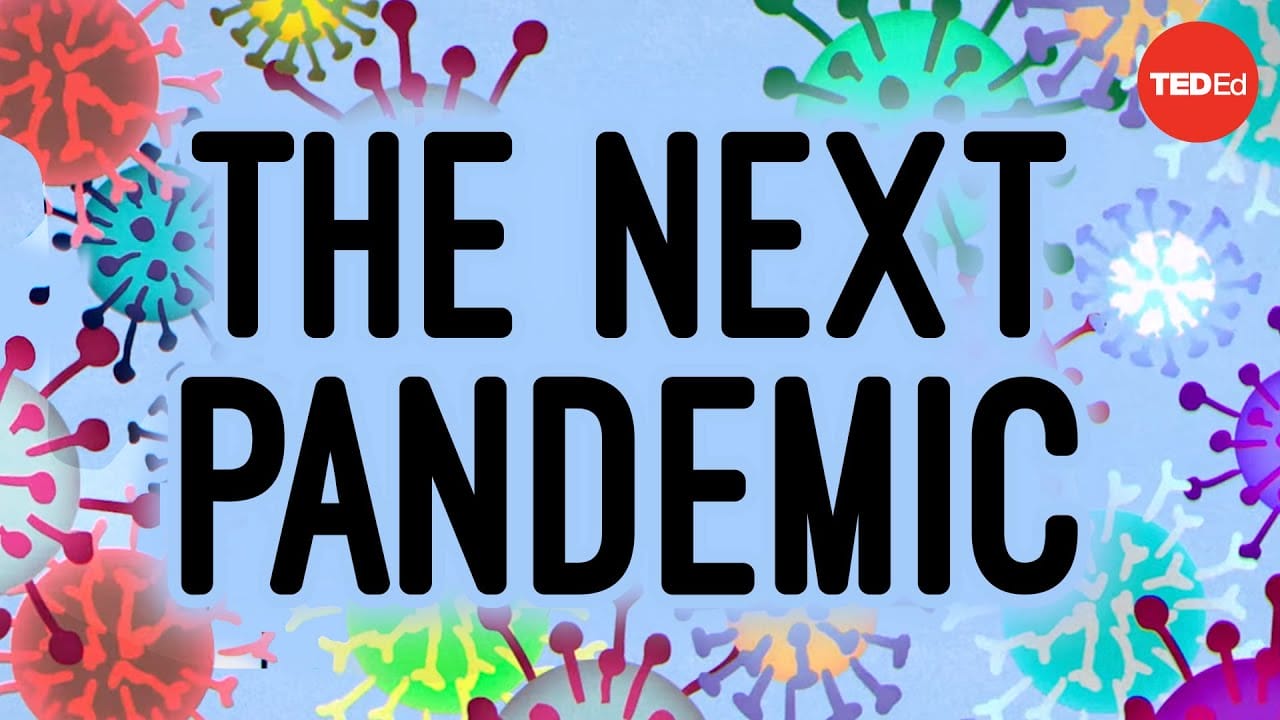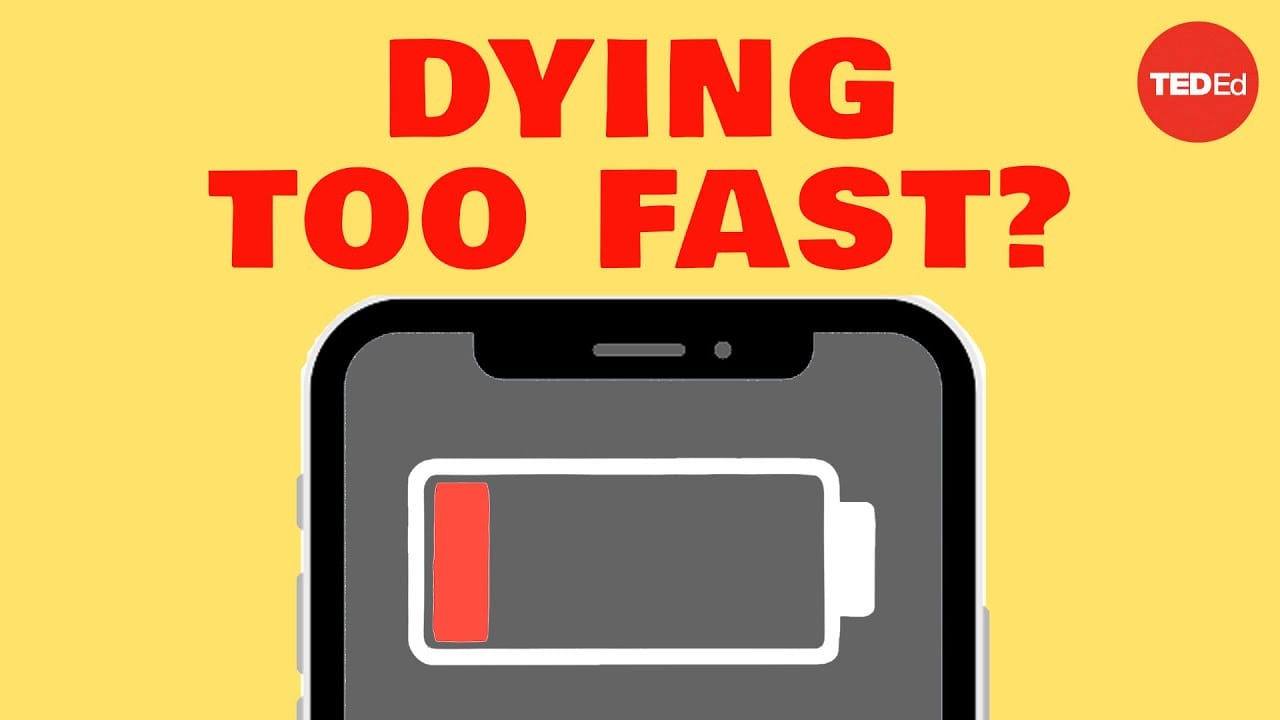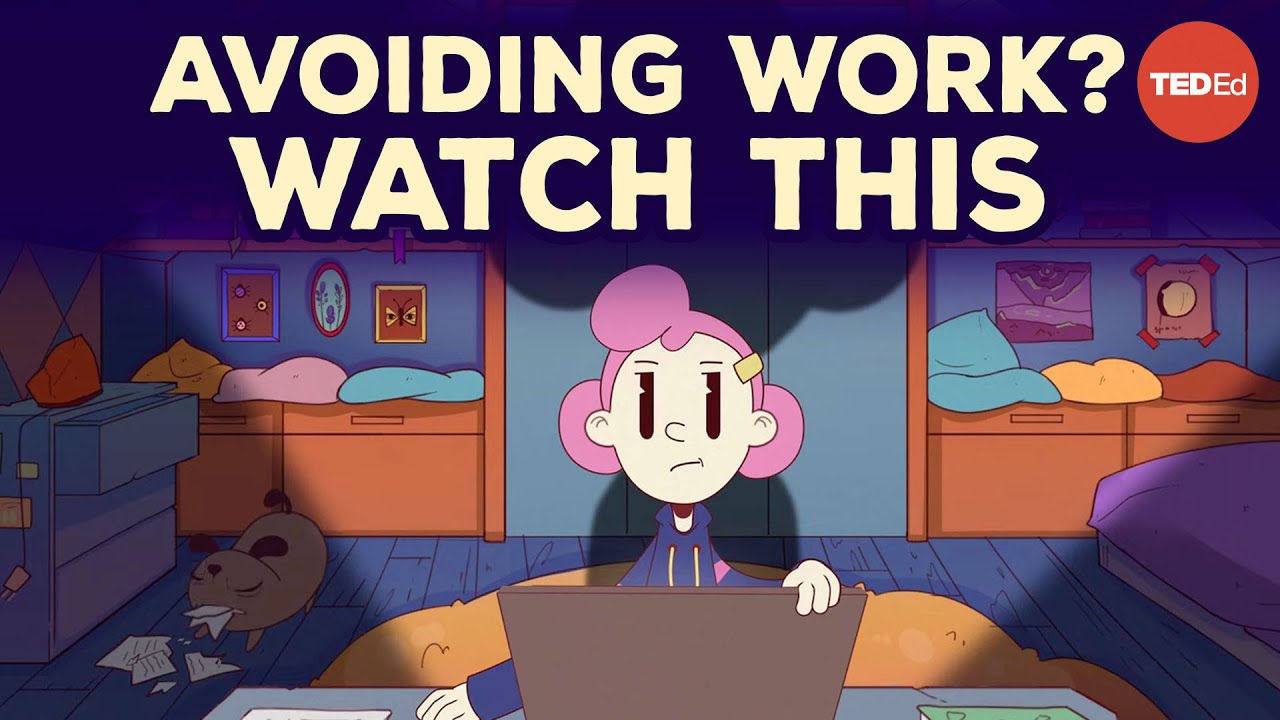The Boltzmann Brain Paradox
Chat With Your XTutor About This Video Lesson
Lesson Article
Understanding the Boltzmann Brain Paradox
Have you ever wondered if your life and memories are real or just a fleeting illusion? This question, as bizarre as it may sound, has been a subject of intense debate among top cosmologists for generations. They refer to this as the Boltzmann brain paradox, named after the 19th-century physicist Ludwig Boltzmann.
Ludwig Boltzmann and the Concept of Entropy
Ludwig Boltzmann was a revolutionary figure in the field of thermodynamics, which is the study of energy. He is best known for his unique interpretation of entropy, a measure of the disorder within a system. For instance, a glass is an ordered system, while a shattered glass represents disorder. The second law of thermodynamics suggests that closed systems tend to become more disordered over time. This means that a shattered glass will not spontaneously reassemble itself into its original form.
Applying Statistical Reasoning to Thermodynamics
Boltzmann’s groundbreaking insight was the application of statistical reasoning to this behavior. He proposed that a system evolves into a more disordered state because it is statistically more likely. However, he also suggested that the reverse isn’t impossible, just extremely unlikely. For instance, scrambled eggs won’t spontaneously revert to their raw state. But if the universe has existed for an infinite amount of time, even highly unlikely events could occur, including complex structures forming from random combinations of particles.
The Boltzmann Brain Paradox in an Infinitely Old Universe
So, what would this look like in a hypothetical, infinitely old universe? Imagine a scenario where about eight octillion atoms randomly assemble to form a replica of the Thinker made of pasta, which then instantly dissolves. Or consider a situation where particles suddenly form something resembling a brain, filled with false memories of a lifetime, which then decays. Or even a scenario where all particles in the cosmos concentrate in a single point, causing a new universe to spontaneously burst into existence. Of these scenarios, the formation of a brain is far more likely, despite its complexity.
The Paradox and the Concept of Ephemeral Brains
According to this reasoning, it seems more likely that everything we believe to exist is just a brief illusion, soon to be extinguished. This idea of ephemeral brains was introduced by later cosmologists building on Boltzmann’s work. However, they, like most people, were confident that they weren’t just transient brains. This led to the paradox: how could they be correct and the universe be eternal?
The Big Bang Theory and the Boltzmann Brain Paradox
The resolution to this paradox is something most of us take for granted today: our universe has not existed forever. Instead, time and space began with the Big Bang. However, while evidence supporting the Big Bang theory is abundant, no one knows what, if anything, preceded and caused it. This uncertainty has led to renewed interest in the Boltzmann brain paradox among contemporary cosmologists.
Contemporary Views on the Boltzmann Brain Paradox
Some cosmologists argue that leading models for the origin of the universe still imply that Boltzmann brains are more likely than human brains, suggesting something is amiss. Others counter that slight modifications of the cosmological models would avoid this problem, or that Boltzmann brains can’t physically form. Some researchers have even attempted to calculate the probability of a brain appearing out of random quantum fluctuations long enough to think a single thought.
The Significance of the Boltzmann Brain Paradox
Despite its absurdity, the Boltzmann brain paradox serves a useful purpose. It sets a bar that models must meet. If the current state of the universe is exceedingly unlikely compared to the calculated probabilities, something in the model is almost certainly wrong. Unless, of course, we are the ones who are wrong…
Discussion Questions
- Have you ever contemplated the idea that your life and memories may be an illusion? How does this concept make you feel?
- Do you agree with Ludwig Boltzmann’s interpretation of entropy and the second law of thermodynamics? Why or why not?
- Can you think of any examples in your own life where statistical reasoning could be applied to understand the behavior of a system?
- What are your thoughts on the idea that complex structures, such as a brain, could spontaneously form from random combinations of particles given an infinite amount of time?
- How would you feel if everything you believe to exist is just a brief illusion, soon to be extinguished? Why?
- What are your thoughts on the resolution to the Boltzmann brain paradox being that our universe has not existed forever, but began with the Big Bang?
- Do you think leading models for the origin of the universe imply that Boltzmann brains are more likely than human brains? Why or why not?
- What do you think is the significance of the Boltzmann brain paradox in terms of evaluating and refining cosmological models?
Lesson Vocabulary
life – the condition that distinguishes organisms from inorganic objects and dead organisms, being manifested by growth through metabolism, reproduction, and the power of adaptation to the environment through changes originating internally – Life on Earth is incredibly diverse, with millions of species coexisting in various ecosystems.
memories – the mental capacity or faculty of retaining and reviving facts, events, impressions, etc., or of recalling or recognizing previous experiences – I cherish the memories of my childhood spent playing with my siblings in our old house.
illusion – something that deceives by producing a false or misleading impression of reality – The magician created the illusion of making a rabbit disappear from the hat.
cosmologists – scientists who study the origin, structure, and evolution of the universe – Cosmologists have made significant discoveries about the Big Bang theory and the expansion of the universe.
physicist – a scientist who specializes in the study of matter, energy, and the interactions between them – Albert Einstein is renowned as one of the greatest physicists of all time.
thermodynamics – the branch of physics that deals with the relationships between heat and other forms of energy – Thermodynamics is essential in understanding how heat engines work.
entropy – a measure of the amount of disorder or randomness in a system – The second law of thermodynamics states that the entropy of an isolated system always increases.
statistical reasoning – the process of using statistical methods to analyze data, make inferences, and draw conclusions – Statistical reasoning is crucial for making informed decisions based on data.
universe – all existing matter, space, and time considered as a whole – The Hubble Space Telescope has provided incredible images of distant galaxies in the universe.
paradox – a statement or proposition that seems self-contradictory or absurd but in reality expresses a possible truth – The grandfather paradox in time travel suggests that if you go back in time and prevent your grandfather from meeting your grandmother, you would never be born.
Share This Lesson:
- Categories: Grade 11, Grade 12, Philosophy, Physics, Science, TED Ed, University, Video Lessons
- Keywords: cosmologists, entropy, illusion, life, memories, paradox, physicist, statistical reasoning, thermodynamics, universe








